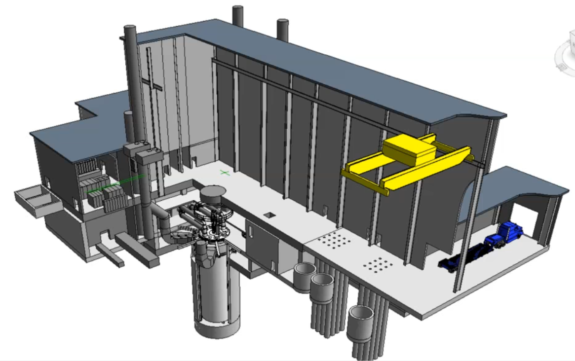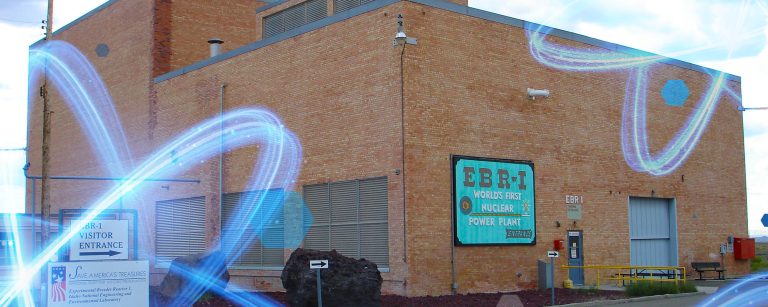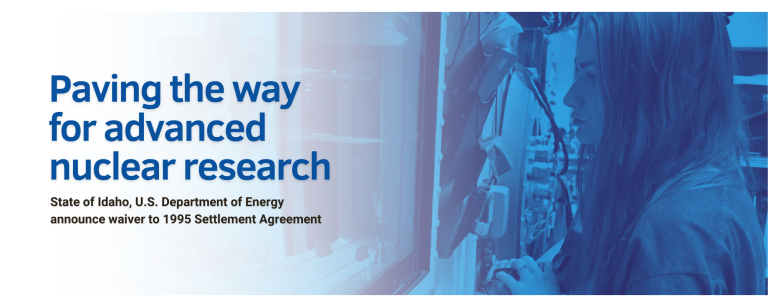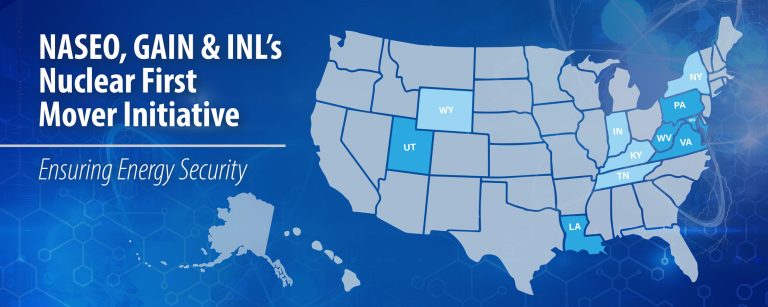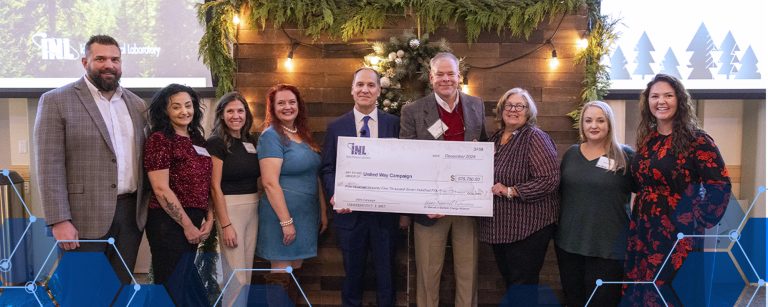IDAHO FALLS, Idaho – Idaho National Laboratory has awarded $1.7 million of funding to universities to develop instrumentation and tools for a proposed research reactor that would generate high-speed – or “fast” – neutrons for experimentation and testing purposes.
The six university-led projects were awarded through the Versatile Test Reactor program, which is led by INL on behalf of the U.S. Department of Energy’s Office of Nuclear Energy. The team, which includes Argonne National Laboratory, Los Alamos National Laboratory, Oak Ridge National Laboratory, Pacific Northwest National Laboratory, Savannah River National Laboratory, and industry and university partners, is developing a conceptual design and cost estimate for the proposed, one-of-a-kind research reactor.
This is the second round of funding awarded to university researchers to develop instrumentation and tools needed to monitor and conduct experiments in a VTR. The first round was announced last fall.
Dr. Kemal Pasamehmetoglu, executive director of the VTR program, said creating such tools and instrumentation is necessary and will help drive the design of the proposed research reactor, which would support the next generation of nuclear energy technology being developed in the United States.
“These projects will help us understand the test capabilities the VTR would need to support the advanced nuclear technology being pursued by U.S. companies,” he said. “These promising technologies require different testing facilities than the current fleet of nuclear power reactors does.”
The DOE Office of Nuclear Energy established the Versatile Test Reactor program in 2018 in response to studies and reports indicating a need for a U.S.-based research reactor to produce neutrons at higher speeds to support development of new nuclear energy technologies.
Pasamehmetoglu said a fast neutron source reactor will help support deployment of new nuclear technologies, the current fleet of reactors, and the ongoing research necessary to improve these technologies. He pointed to the wealth of advancements made because of the nation’s research reactors.
“The 98 commercial power reactors operating in the U.S. generate much more electricity than they did a few decades ago because of the knowledge gained through research,” he said.
VTR cleared a major milestone in February when members of the Energy Systems Acquisition Advisory Board determined there was a scientific case to pursue the project, also known as Critical Decision 0, and voted unanimously for it to continue. An initial cost estimate of $3 billion to $6 billion also was cited. The federal agency is preparing an environmental impact statement (EIS) as required by the National Environmental Policy Act (NEPA) to analyze potential locations and alternatives, and study the impacts of a VTR.
In a Feb. 28 announcement, the U.S. Department of Energy stated, “VTR will provide leading edge capability for accelerated testing of advanced nuclear fuels, materials, instrumentation, and sensors. It will allow DOE to modernize its essential nuclear energy infrastructure, and conduct crucial advanced technology and materials testing within the United States in a safe, efficient and timely way.”
The university-led projects selected for funding are:
| Virginia Commonwealth University | Advanced Data Analytics Toolbox and Sensitivity Analysis in Support of Smart High Precision Experiments & Data Management | $200,000 |
| University of Michigan | Development of a Multi-functional Experimental Vehicle for GFR Irradiation Testing in VTR | $375,000 |
| Purdue University | In-Situ Irradiation Creep Testing Vehicle Instrumented with Novel Sensors | $350,400 |
| Massachusetts Institute of Technology | Molten Salt Sweep Gas Control, Analysis, and Capture System to Support VTR Experiments | $375,000 |
| Purdue University | Experimental Study and CFD Design Tool Development for the Cartridge Loop in the Versatile Test Reactor | $150,000 |
| Oregon State University | Accelerating the Experimental Mission of VTR Through an Ex-Pile Operational Program | $250,000 |

